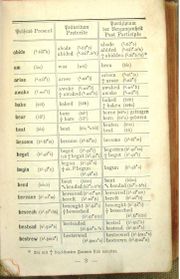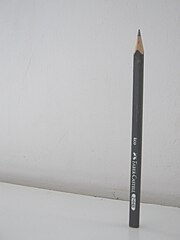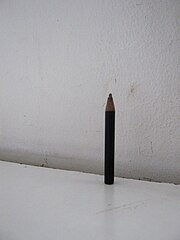Diferencia entre revisiones de «Penarc/crane»
De WikiEducator
m (c image) |
m (2da) |
||
| Línea 9: | Línea 9: | ||
== states== | == states== | ||
*wet <ref>http://en.wiktionary.org/wiki/wet</ref> ↔ dry | *wet <ref>http://en.wiktionary.org/wiki/wet</ref> ↔ dry | ||
| − | *humid | + | *humid [http://simple.wikipedia.org/wiki/Wikipedia:Basic_English_ordered_wordlist#50_Opposites] |
*soft↔hard | *soft↔hard | ||
*fluid↔firm<ref>http://simple.wiktionary.org/wiki/fluid </ref> | *fluid↔firm<ref>http://simple.wiktionary.org/wiki/fluid </ref> | ||
*blunt↔sharp | *blunt↔sharp | ||
*shine↔rough | *shine↔rough | ||
| − | * | + | *clear↔turbid |
*clean↔dirty | *clean↔dirty | ||
*hot↔very cold | *hot↔very cold | ||
Revisión de 09:06 20 jul 2011
| Usar los adjetivos calificativos -dimesiones, formas- en las oraciones en idioma no materno |
Para reconocer los estados en inglés.
Materiales
Diccionarios no bilingües, por ej. the Merriam-Webster Dictionary
states
- wet [1] ↔ dry
- humid [1]
- soft↔hard
- fluid↔firm[2]
- blunt↔sharp
- shine↔rough
- clear↔turbid
- clean↔dirty
- hot↔very cold
- warm[3]
- soft
- sift↔
- ejemplo: lapiz de punta fina (pencil with sharp tip)


